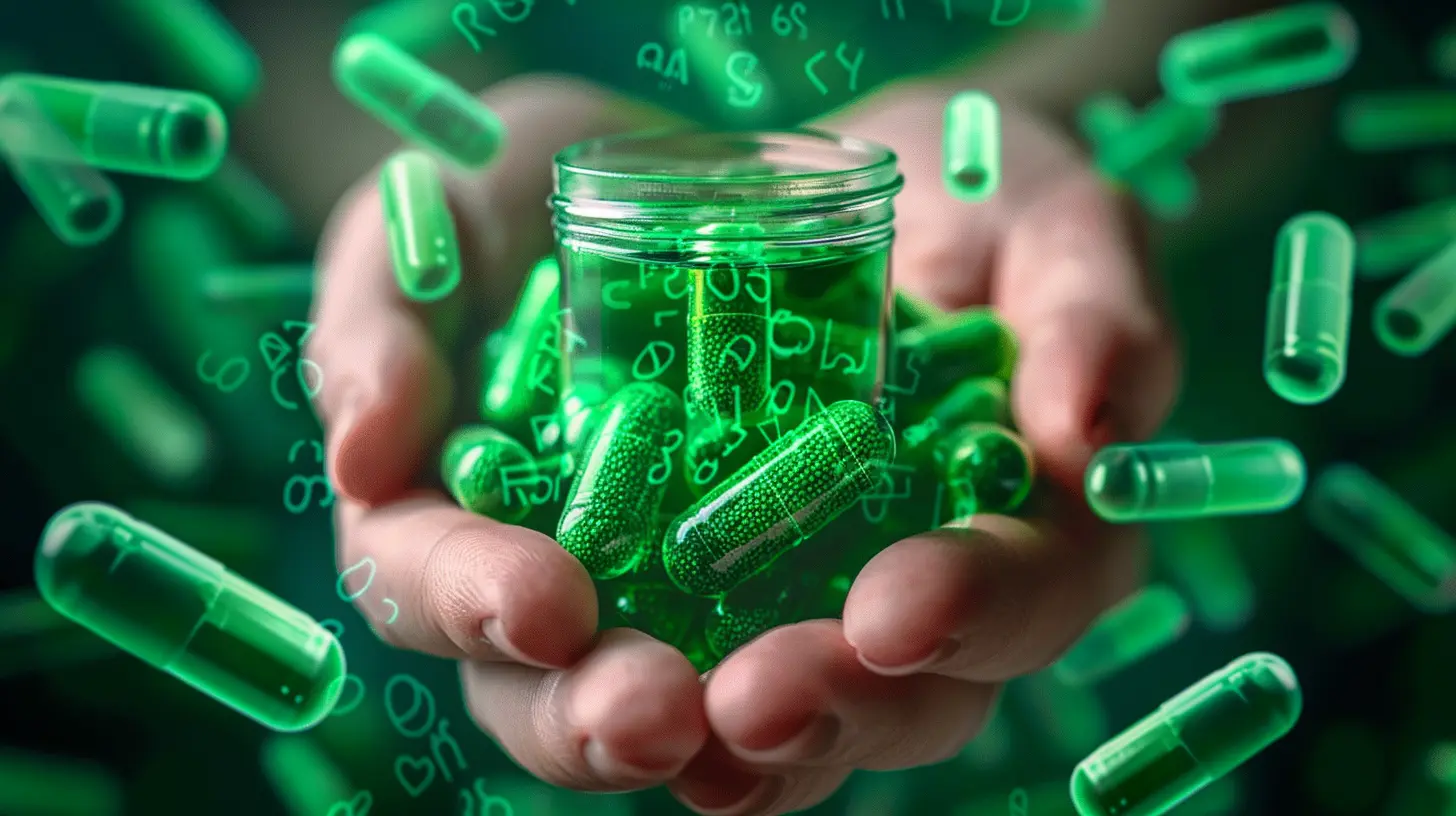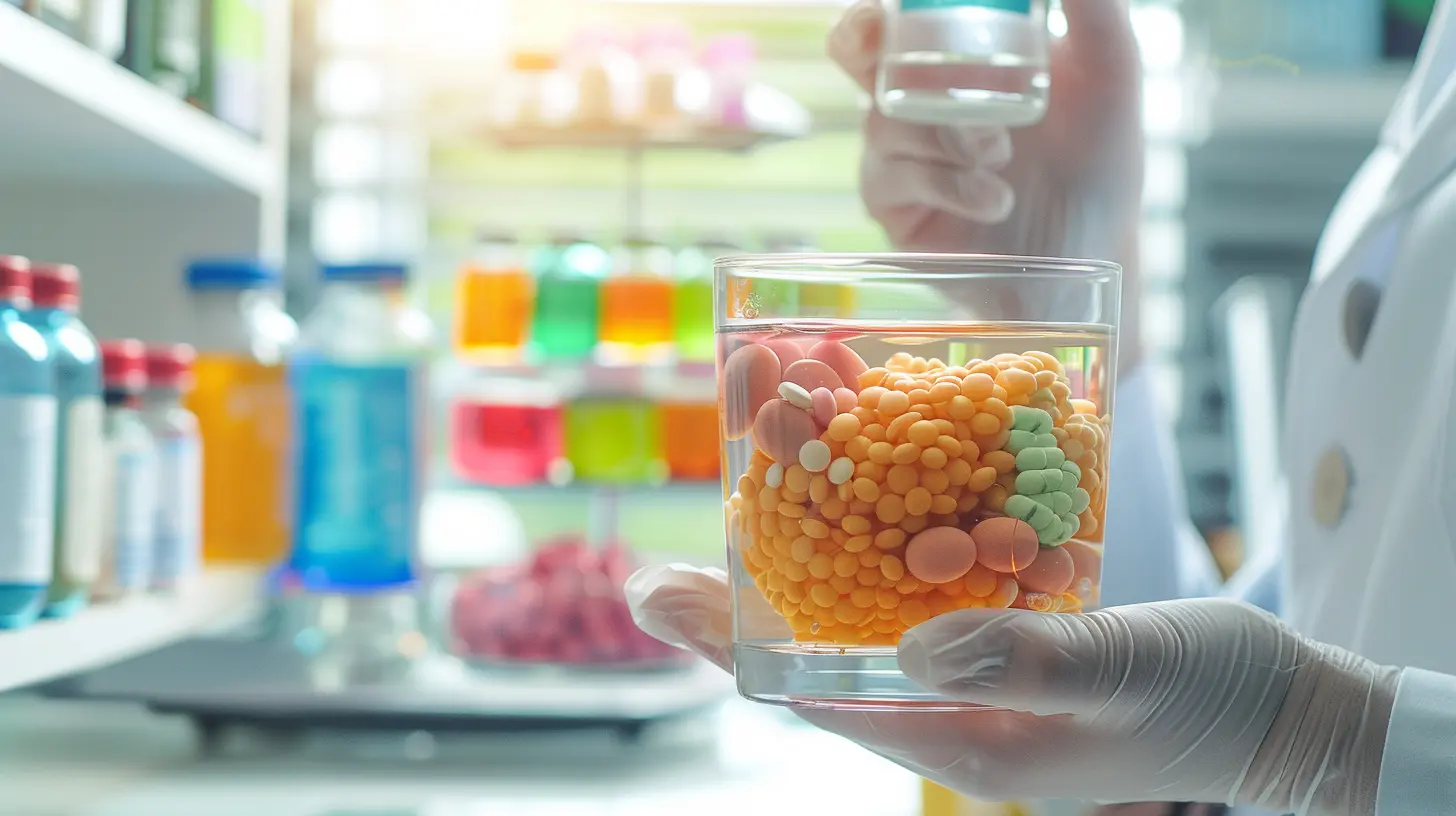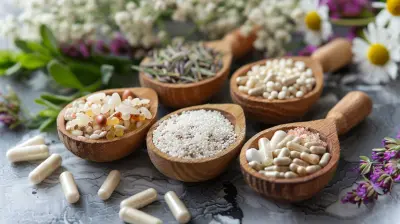Probiotics and Antibiotics: How to Maintain Gut Health During Treatment
23 June 2025
Let’s talk gut health—something most of us don’t think much about until things go very wrong. You know that awful feeling when you're on antibiotics? Your stomach’s doing somersaults, you feel bloated, maybe a little constipated or, on the flip side, you can’t stay off the toilet. It’s frustrating, right?
Here's the deal: while antibiotics are lifesavers—they kill bad bacteria that cause infections—they don’t discriminate. They also wipe out the good guys in your gut. That's where probiotics step in, like peacekeepers trying to restore balance in the chaos.
So, how can you maintain gut health during antibiotic treatment? Sit tight, because we're diving deep into this topic in a way that’s easy to digest (pun intended).
Why Gut Health Matters (More Than You Think)
Your gut isn't just some boring part of your digestive system. It's a full-blown ecosystem, home to trillions of microorganisms—bacteria, viruses, fungi, you name it. Collectively, it's called the gut microbiome.These tiny residents play a massive role in:
- Digesting food
- Producing vitamins (like B12 and K)
- Regulating your immune system
- Controlling inflammation
- Even affecting your mood (hello, gut-brain connection!)
When the balance between good and bad bacteria is thrown off—like during a course of antibiotics—your whole system can go haywire. That’s why people experience side effects like diarrhea, yeast infections, and fatigue.
What Antibiotics Actually Do
Antibiotics are designed to kill bacteria, but they can't tell the difference between the helpful bacteria and the harmful ones. Imagine using a flamethrower to get rid of a few weeds in your garden—you’ll scorch the flowers too. That’s basically what antibiotics do to your gut flora.Some side effects of antibiotics include:
- Antibiotic-Associated Diarrhea (AAD): Pretty common and very uncomfortable.
- Nausea and bloating: Your gut's way of saying, “Help me out here!”
- Weakened immunity: A less diverse gut microbiome can make you more susceptible to other infections.
So how can you protect your inner ecosystem while still taking your meds? That’s where probiotics come in.
What Are Probiotics?
Probiotics are live microorganisms that provide health benefits when consumed in adequate amounts. They're like reinforcements for the good guys in your gut. You’ll find them in foods like yogurt, kefir, sauerkraut, kimchi, and kombucha—or in supplement form.Think of probiotics as the friendly neighbors who show up when your house gets ransacked and help clean up the mess. They repopulate your gut with beneficial bacteria and help restore balance.
The Delicate Dance: Probiotics and Antibiotics
Okay, here’s where it gets a little tricky.Yes, probiotics are helpful. But if you take them at the same time as your antibiotics, the medication may wipe them out before they have time to get to work. Timing really is everything.
So When Should You Take Them?
To get the most bang for your buck, try taking your probiotic:- At least 2 hours before or after your antibiotic dose.
This gives the probiotics a fighting chance to survive and do their thing.
Also, continue taking probiotics for at least 1-2 weeks after your antibiotic course is done. This allows your gut to fully rebuild its microbiome.
Best Probiotics to Take During Antibiotic Treatment
Not all probiotics are created equal. Some strains are better than others at surviving antibiotic treatment and supporting gut health.Here are some of the most recommended:
1. Lactobacillus rhamnosus GG
- One of the most researched strains.- Effective in preventing antibiotic-associated diarrhea.
2. Saccharomyces boulardii
- A beneficial yeast (not a bacteria) that antibiotics don’t destroy.- Known for reducing inflammation and preventing digestive upset.
3. Bifidobacterium lactis
- Helps improve digestion and boost immunity.When choosing a supplement, look for one with multiple strains and a high CFU (colony forming units) count—aim for at least 5 to 10 billion CFUs per serving.
Natural Ways to Support Gut Health Alongside Probiotics
Supplements are great, but don’t stop there. Your gut thrives when you take a holistic approach. Here are a few gut-friendly habits to add to your routine:1. Eat Prebiotics
Probiotics need food too! Prebiotics are plant fibers that feed your good bacteria. You’ll find them in:- Bananas (especially unripe)
- Garlic
- Onions
- Asparagus
- Chicory root
2. Stay Hydrated
Water helps move waste through your system and supports a happy gut.3. Cut Back on Sugar and Processed Foods
Sugar fuels bad bacteria and yeast in the gut. Swap them out for whole foods when possible.4. Reduce Stress
Your gut and brain are intimately connected. Chronic stress can throw your gut out of balance. Try mindfulness, walking in nature, or even just laughing more (seriously—it's good for your gut!).5. Get Enough Sleep
Good sleep gives your body time to repair and keeps your microbiome balanced.What About Fermented Foods?
Fermented foods are natural sources of probiotics. Adding them to your diet during and after antibiotic treatment can boost your gut health big time.Some superstar options:
- Yogurt (with live cultures)
- Kefir
- Kimchi
- Sauerkraut
- Tempeh
- Miso
Just be mindful if you’re lactose intolerant or sensitive to fermented foods. Start with small portions and see how your body responds.
Should Everyone Take Probiotics With Antibiotics?
Not necessarily. While many people benefit from them, some folks might experience bloating or gas when they start probiotics. And if you have a severely weakened immune system or are critically ill, it’s best to talk to your doctor before starting anything new.But for the average person? The benefits often outweigh the risks—especially if you’re dealing with common side effects from antibiotics.
Think of it as insurance for your gut.
The Takeaway: Balance Is Everything
When it comes to gut health during antibiotic treatment, it’s all about balance. Antibiotics are crucial when you need them—they save lives—but they also come with side effects that can knock your gut out of sync.Probiotics can help bring that balance back, acting like a reset button for your inner ecosystem.
Here’s the bottom line:
- Take your probiotics a few hours apart from your antibiotics.
- Keep taking them after your treatment ends.
- Eat probiotic and prebiotic foods to support long-term gut health.
- Be kind to your gut—it’s the gateway to your overall well-being.
So next time you're prescribed antibiotics, don't forget to shield your gut with some friendly bacteria. Your stomach—and the rest of you—will thank you.
all images in this post were generated using AI tools
Category:
ProbioticsAuthor:

Eileen Wood
Discussion
rate this article
2 comments
Otto McDonough
Great tips! Balancing probiotics with antibiotics is key to a happy gut. Thanks!
November 19, 2025 at 4:38 AM

Eileen Wood
Thank you! I'm glad you found the tips helpful for maintaining gut health.
Aisha Barron
Thank you for this informative article! Balancing probiotics with antibiotics is vital for gut health. I appreciate the practical tips and insights shared here. Very helpful!
June 29, 2025 at 3:18 PM

Eileen Wood
Thank you for your kind words! I'm glad you found the tips helpful for maintaining gut health.


